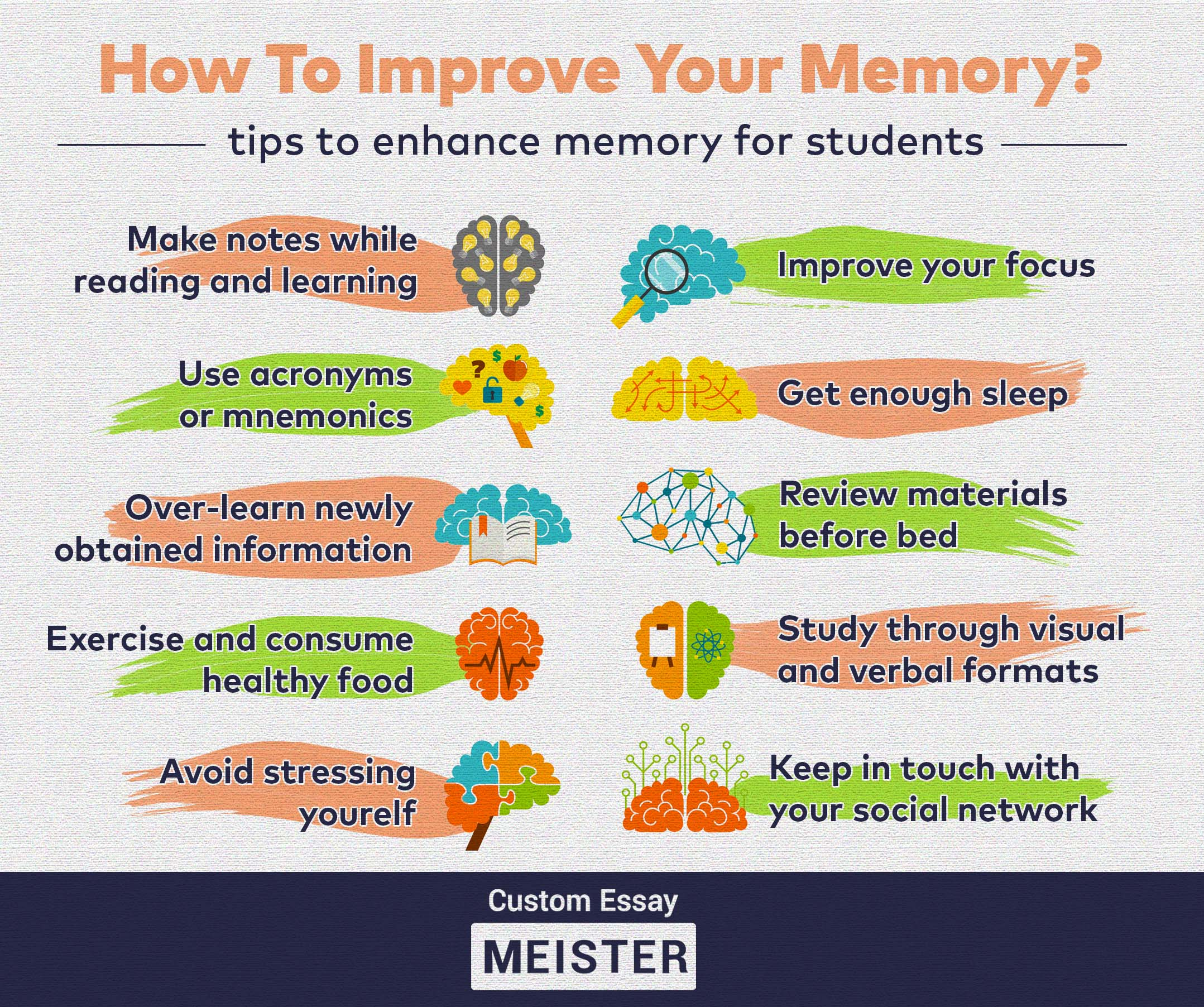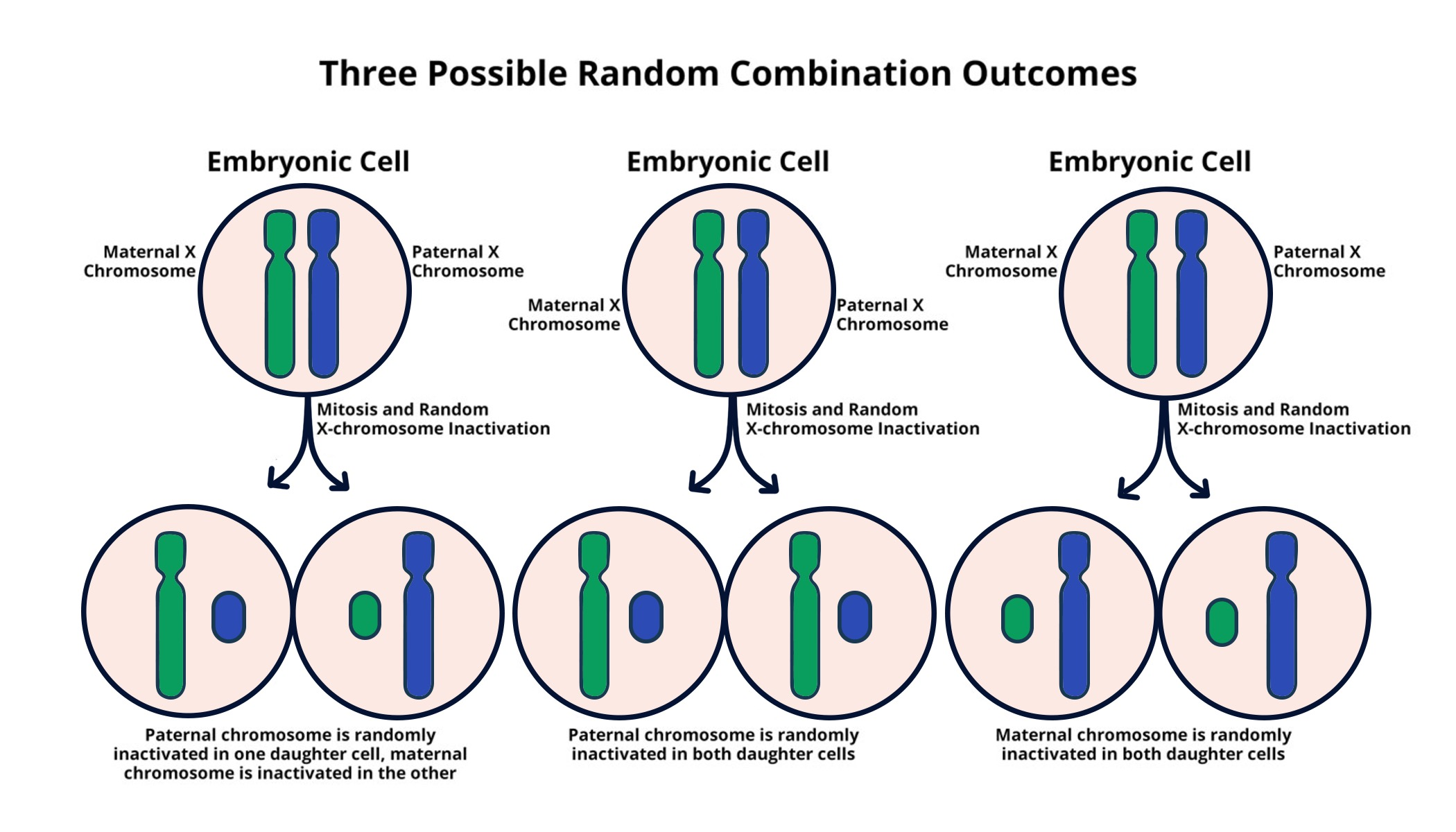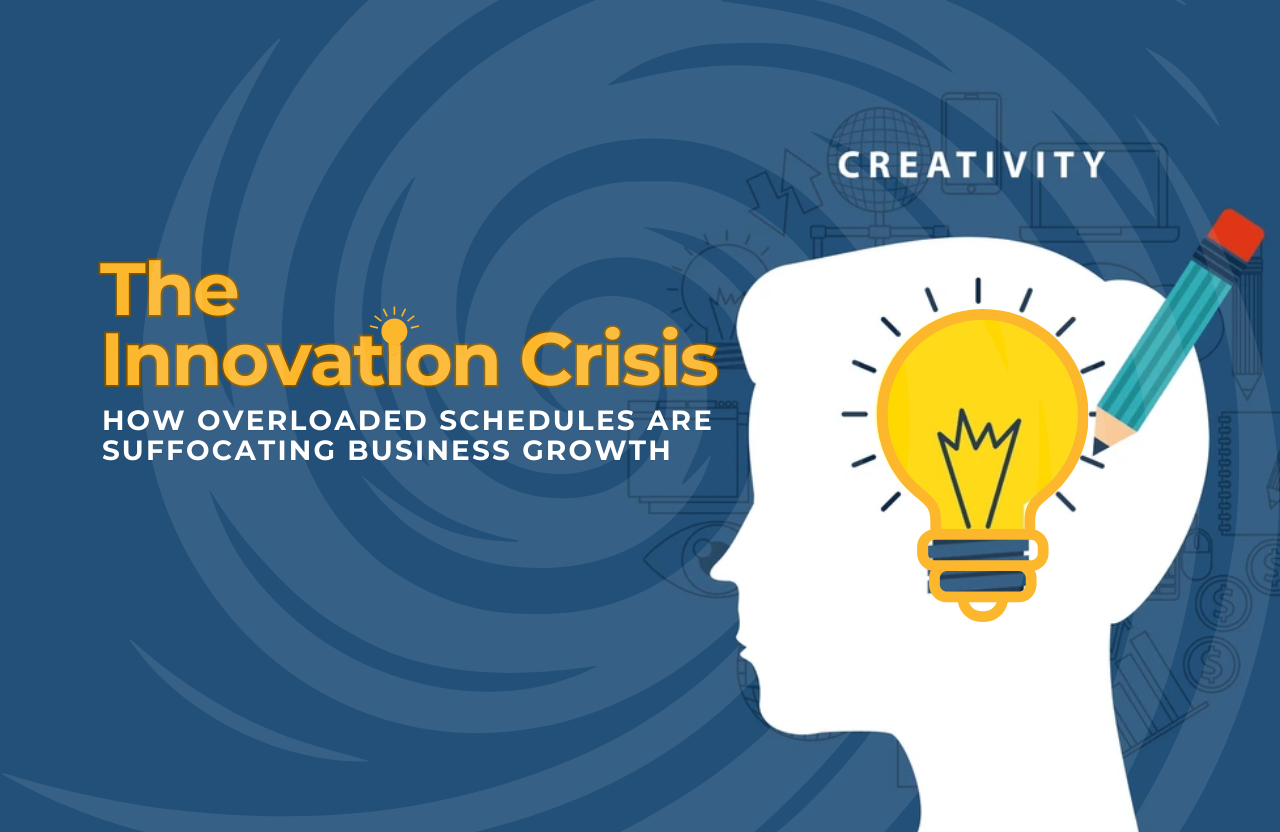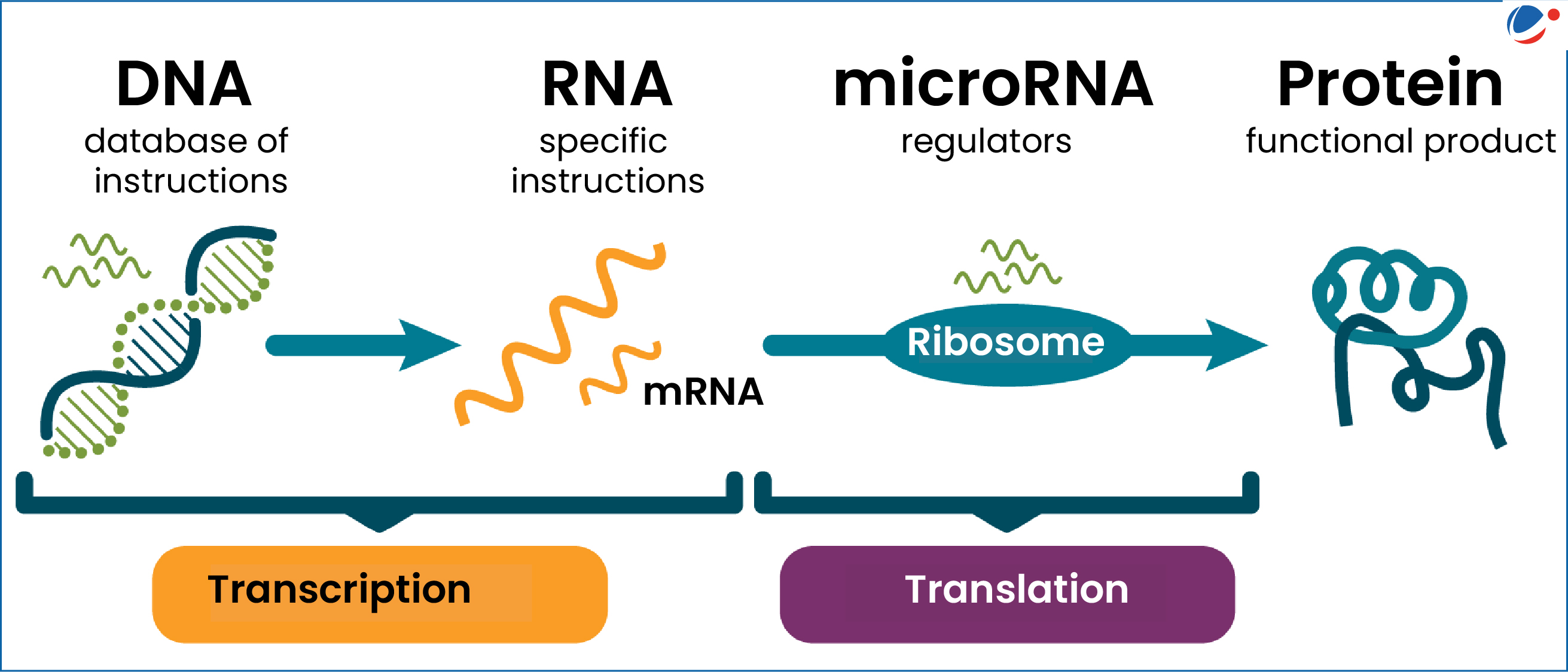Memory Improvement: Discover Tips to Enhance Recall
Are you looking for effective memory improvement strategies to enhance your cognitive skills? Memory improvement is a valuable skill that can significantly impact our daily lives, from excelling in academics to remembering important social interactions. In their enlightening book, “Why We Forget and How to Remember Better,” researchers Andrew Budson and Elizabeth Kensinger reveal science-backed methods to sharpen recall abilities. They emphasize that enhancing memory isn’t just a natural gift; it can be developed with the right techniques and practices. Explore various tips to remember better, such as engaging in regular mental exercises and maintaining good brain health, to boost your overall memory performance.
When it comes to recalling information, many people search for ways to optimize their brain function and improve their retention abilities. Cognitive enhancement activities, such as using specific memory techniques and training routines, can help individuals access their full potential in remembering crucial details. Techniques like the method of loci or memory palace can transform how we approach memorization. By understanding the science behind memory and applying effective strategies, anyone can elevate their ability to retain and retrieve information. Embracing these cognitive tools can lead to better performance in various aspects of life, be it academic achievements or social engagements.
Understanding Memory: How It Works
Memory is a complex and fascinating process that involves encoding, storing, and retrieving information. It allows us to recall past experiences, learn new skills, and comprehend our surroundings. Scientific research shows that memory isn’t a static entity; rather, it is dynamic and susceptible to various influences, including emotional states and environmental factors. Understanding how memory operates can empower individuals to enhance their cognitive skills and improve overall brain health.
For instance, the hippocampus plays a critical role in forming new memories. It processes information and helps in the formation of long-term memories, reinforcing the connection between our experiences and our ability to remember them. Engaging in practices that promote brain health, such as regular physical exercise and mental challenges, can enhance the functionality of the hippocampus, ultimately leading to improved memory retention.
Tips to Remember Better: Effective Techniques
Incorporating specific memory techniques into your daily routine can significantly enhance your ability to remember information. For example, using mnemonic devices, such as acronyms or visual imagery, helps in encoding information more deeply. The ‘method of loci’, also known as the memory palace, is another powerful technique where individuals visualize placing new information along a familiar route or in a familiar place, making it easier to retrieve during recall.
Another effective strategy is spaced repetition, which involves reviewing information at increasing intervals. This technique leverages the brain’s natural learning style and helps strengthen memory consolidation, making it easier to recall facts and figures over time. By consistently employing these memory techniques, anyone can enhance memory performance and boost cognitive capabilities.
The Role of Emotions in Memory Formation
Emotions play a crucial role in how memories are formed and retrieved. Research indicates that emotionally charged events are often remembered more vividly than neutral events. This happens because the amygdala, which processes emotions, interacts with the hippocampus, enhancing the strength of memories that are rooted in emotional experiences. Thus, when our emotional state is heightened, we are better equipped to encode new information.
However, while positive emotions can facilitate recall, negative emotions can hinder memory. Stressful situations can lead to information overload, impairing the ability to retain new knowledge. Techniques such as mindfulness and relaxation can help mitigate stress, allowing for clearer thinking and better memory retrieval. Understanding this emotional connection can empower individuals to foster an environment that enhances memory improvement.
Physical Exercise: Boosting Brain Health and Memory
Engaging in regular physical exercise has been shown to have profound effects on brain health, including memory improvement. Exercise increases blood flow to the brain, promotes the growth of new neurons, and releases growth factors that play essential roles in learning and memory. For example, aerobic exercises like running or swimming are particularly beneficial for enhancing cognitive skills and augmenting memory retention.
Incorporating a consistent workout regimen into your daily routine can lead to significant cognitive benefits. Studies reveal that even short bursts of activity can enhance memory and learning. Therefore, individuals looking to boost their memory should not overlook the importance of maintaining physical health through exercise, as it directly correlates with brain function.
Sleep’s Critical Role in Memory Consolidation
Sleep is integral to the memory consolidation process, where short-term memories are converted into long-term memories. Research shows that during sleep, especially during REM sleep, the brain processes and organizes information from the day, reinforcing connections and making it easier to recall in the future. Those who skimp on sleep may find that their learning and memory capabilities degrade significantly.
To foster optimal memory improvement, establishing a regular sleep schedule is essential. Aiming for 7-9 hours of quality sleep per night not only enhances memory performance but also contributes to overall brain health. Thus, prioritizing sleep can be seen as one of the most effective tips to remember better, ensuring a well-rested mind is ready to engage in learning.
The Impact of Nutrition on Memory Enhancement
Nutrition plays a vital role in brain health and memory enhancement. Consuming a balanced diet filled with antioxidants, healthy fats, vitamins, and minerals is crucial for optimal cognitive functioning. Foods rich in omega-3 fatty acids, such as salmon, walnuts, and flaxseeds, have been linked to improved brain health and memory performance, anchoring them as key components in enhancing memory.
Additionally, staying hydrated is essential for cognitive processes. Dehydration can lead to cognitive decline, impairing attention and memory. By incorporating nutrient-dense foods and ensuring adequate hydration, individuals can support their brain health and improve their overall memory capabilities.
Multitasking: The Memory Degrader
In today’s fast-paced world, multitasking has become a ubiquitous practice. However, studies have shown that multitasking can severely impair memory and performance. When individuals attempt to juggle multiple tasks at once, they often find it challenging to encode memories effectively. As a result, important information may slip through the cracks, leading to mistakes and forgotten details.
To enhance memory and cognitive skills, focusing on one task at a time can be more beneficial. Effective time management techniques that prioritize single-tasking can help individuals retain information more efficiently and improve recall. Dedicating uninterrupted attention to one task allows for a more profound engagement with the information, ultimately leading to better memory outcomes.
Leveraging Technology for Memory Improvement
In our digital age, technology offers innovative solutions to enhance memory. There are numerous apps and tools designed to assist with memory improvement and cognitive training. These applications often incorporate games and exercises that challenge memory recall and cognitive skills, providing a fun and engaging way to boost brain health.
Moreover, using digital tools like calendars, reminder systems, and note-taking apps can help individuals manage their schedules and tasks more effectively. By offloading some of the cognitive burden associated with trying to remember everything, technology can promote better focus and allow for improved memory performance on essential tasks.
Mindfulness and Memory: The Connection
Mindfulness practices, such as meditation and deep breathing, have garnered attention for their ability to enhance cognitive functions, including memory. Engaging in mindfulness can help individuals cultivate a greater awareness of their thoughts and surrounding environment, leading to more effective encoding of memories. Research indicates that mindfulness can improve attention span and concentration, essential components for recalling information.
Incorporating mindfulness techniques into daily routines not only promotes relaxation but also may lead to remarkable improvements in memory performance. By reducing stress and enhancing cognitive clarity, mindfulness serves as a valuable practice for anyone looking to boost their memory and overall mental fitness.
Frequently Asked Questions
What are some effective tips for enhancing memory retention?
To improve memory retention, try methods like spaced repetition, which involves reviewing information at intervals, and the use of mnemonic devices. Additionally, practicing mindfulness and engaging in physical exercise can enhance cognitive skills and overall brain health.
How can exercise improve cognitive skills and memory?
Regular physical exercise has been shown to release growth factors in the brain and increase the volume of the hippocampus, a key area for memory. Incorporating at least six weeks of consistent exercise can lead to significant improvements in memory.
What memory techniques can help you remember names better?
To remember names more effectively, it’s helpful to repeat the person’s name after meeting them, associate it with a visual image, or think of a familiar word that sounds similar. Also, focusing on the person’s features or context can enhance memory recall.
What is the ‘method of loci’ and how can it enhance memory?
The ‘method of loci,’ or memory palace technique, involves visualizing a familiar place and associating information you wish to remember with specific locations within that space. This strategy capitalizes on our spatial memory, making recall easier.
How does stress affect memory and recall abilities?
While mild stress can stimulate memory retrieval in critical moments through the fight-or-flight response, excessive stress can impair cognitive functions, including memory. It’s important to manage stress for optimal brain health and memory performance.
What role does sleep play in memory improvement?
Sleep is crucial for memory consolidation, where short-term memories are transferred to long-term storage. Adequate rest after studying can help clear cognitive load, allowing for better recall of information when you need it.
Can multitasking negatively impact memory performance?
Yes, multitasking can significantly degrade memory performance, especially when it involves complex tasks requiring verbal or visual skills. Focusing on one task at a time is more effective for enhancing memory and recall.
What are common substances that impair memory?
Substances like cannabis can negatively affect memory performance and cognitive skills. While moderate caffeine intake may have milder effects, it’s essential to be cautious of how substances influence brain health.
Are there any cognitive exercises to enhance memory skills?
Engaging in activities that challenge the brain, such as puzzles, memory games, and learning new skills can be effective cognitive exercises to enhance memory. Additionally, reading and social interactions can stimulate mental activity and improve recall.
How does practicing mindfulness improve memory?
Mindfulness practices can enhance memory by promoting focus and reducing mental clutter. Techniques like meditation help improve attention and cognitive function, leading to better memory performance.
| Key Points | Details |
|---|---|
| Mastering New Skills | Practicing for one hour a day for seven days is more effective than seven hours once a week. |
| Effects of Exercise | Six weeks of exercise can release brain growth factors, improve memory, and enlarge the hippocampus. |
| Memory Retrieval | Retrieving a memory can alter it permanently. |
| Impact of Multitasking | Multitasking degrades memory, especially when combining verbal and visual tasks. |
| Techniques for Remembering Names | Try connecting their name with a known fact or experience rather than overthinking possible names. |
| Sleep and Memory | Sleep helps free up brain capacity to better retain information. |
| Substances Impairing Memory | Cannabis is identified as a substance that impairs memory. |
| Memory Techniques | The ‘method of loci’ involves associating memories with familiar locations. |
| Stress and Memory Recall | In stressful situations, the fight-or-flight response can enhance recall of critical information. |
Summary
Memory improvement is a skill that can be developed with the right techniques and practices. Understanding how to practice effectively, recognizing the influence of physical activity on brain health, and utilizing memory enhancement strategies like the method of loci can greatly enhance our ability to recall important information. Adopting these tips can lead to not only improved academic performance but also better personal and professional interactions, indicating that memory improvement is essential in our daily lives.









